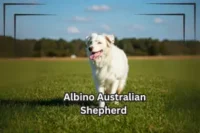Bear Coat French Bulldog: A Special and Rare Breed
Published: 8 Mar 2025
The Bear-Coat French Bulldog is different from the usual French Bulldog because it has long, fluffy fur instead of short hair. This makes it look soft and unique, which many dog lovers admire.
What makes this fur unique? Are they purebred? How should you take care of them? This guide will explain everything you need to know about this rare kind of French Bulldog.
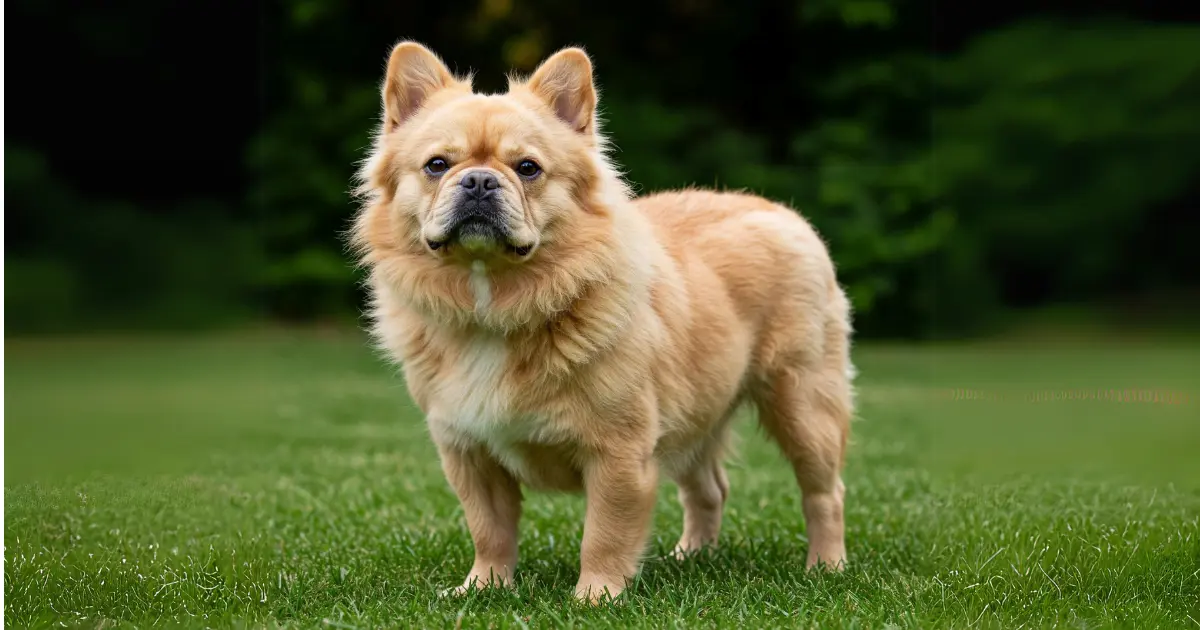
Table of Contents
1. What is a Bear Coat French Bulldog?
A Bear-Coat French Bulldog has longer, thicker fur that looks fluffier than a regular French Bulldog. Their fur is soft and dense, giving them a special look.
Other Names:
- Fluffy French Bulldog
- Long-haired French Bulldog
- Rare coat Frenchie
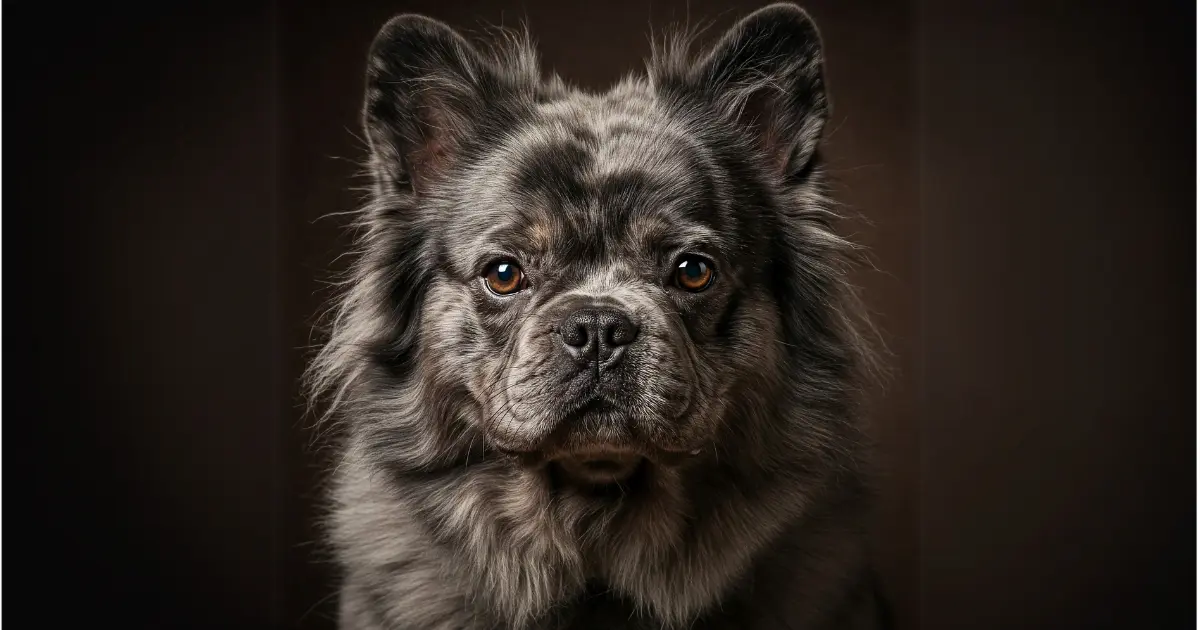
2. Why Do Some French Bulldogs Have a Bear Coat?
The long fur comes from a genetic change in the FGF5 gene, which controls hair growth in dogs.
How It Works:
- Both parents must carry the long-hair gene for their puppy to have a bear coat.
- If only one parent has this gene, the puppy will have short fur but can pass the gene to future puppies.
Scientists have confirmed that the FGF5 gene affects fur length in different dog breeds. Some breeders try to create this rare coat, but these dogs are still real French Bulldogs, even if they don’t meet official breed standards.
3. What Do Bear Coat French Bulldogs Look Like?
They have the same body shape as other French Bulldogs but with longer fur.
Fur & Texture
- Soft, thick, and sometimes wavy.
- More fur around the neck, ears, and chest.
Coat Colors
- Blue
- Fawn
- Brindle
- Merle
- Cream
Size & Build
- Weight: 16-28 pounds
- Height: 11-13 inches
Other Terms:
- Fluffy coat Frenchie
- Rare French Bulldog colors
- Different French Bulldog types
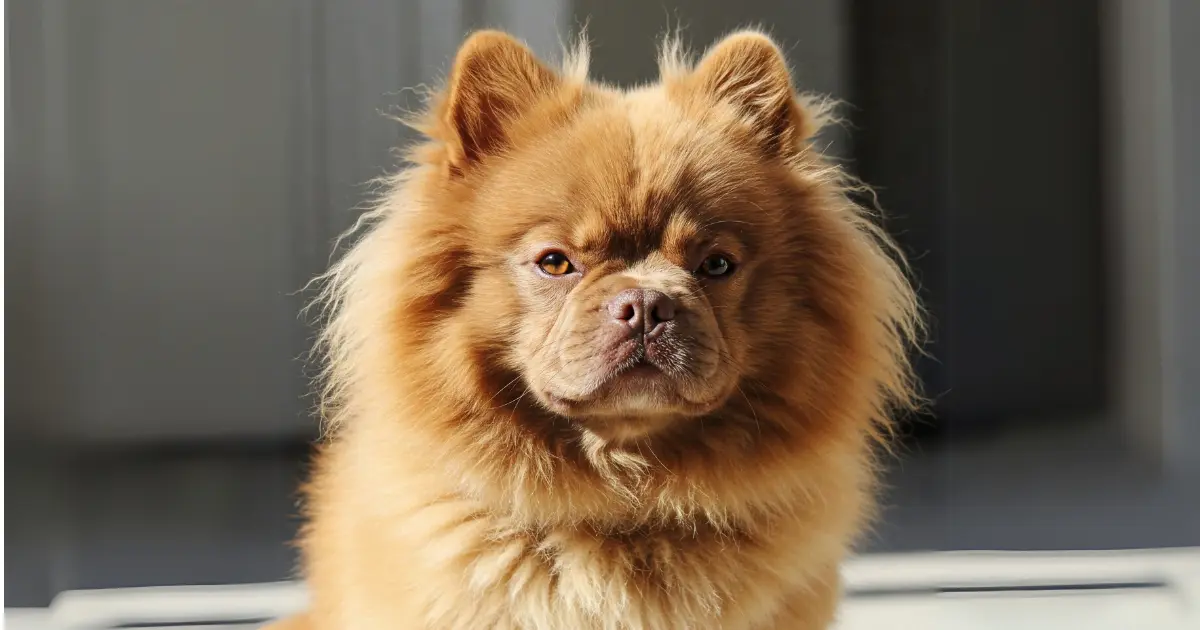
4. Are Bear Coat French Bulldogs Real French Bulldogs?
Yes, they are real French Bulldogs. They are not a separate breed, just a rare fur type. Explore different Dog Breeds and find the perfect companion for you.
Breed Recognition
Groups like the AKC (American Kennel Club) and FCI (Fédération Cynologique Internationale) do not accept bear-coated French Bulldogs in dog shows because they do not match the usual breed standard.
5. How to Take Care of a Bear Coat French Bulldog
Because of their thick fur, they need extra grooming and care. Follow these Dog Care Tips to keep their fluffy coat clean and healthy.
Grooming
- Brush them 2-3 times a week to avoid tangles.
- Bathe them every 4-6 weeks with a mild dog shampoo.
- Clean their ears often to stop infections.

Food & Nutrition
- Feed them high-protein meals for a strong coat.
- Give them Omega-3 and Omega-6 to keep their skin healthy.
- Avoid cheap foods with artificial fillers that may cause allergies.
Bear Coat French Bulldogs need the right diet for their size. Check out Feeding Small Dogs for portion sizes and nutrition tips.
Exercise & Training
- Keep exercise short and easy to prevent breathing problems.
- Use positive rewards like treats and praise to train them.
- Protect them from hot weather since they can overheat quickly.
Other Terms:
- French Bulldog Grooming Tips
- Best food for dogs with long fur
- Training French Bulldogs
6. Common Health Problems
Like other French Bulldogs, Bear Coat Frenchies may have health issues.
- Breathing Problems: Their flat face can make it hard for them to breathe. Use cooling vests in hot weather.
- Skin Issues: Their thick fur traps moisture, leading to skin infections. Use gentle shampoos to avoid irritation.
- Hip Dysplasia: A genetic problem that affects movement. Use soft dog beds and avoid too much jumping.
How to Keep Them Healthy
- Always give them cool water and shade in warm weather.
- Take them for regular vet checkups.
- Use a harness instead of a collar to avoid breathing strain.
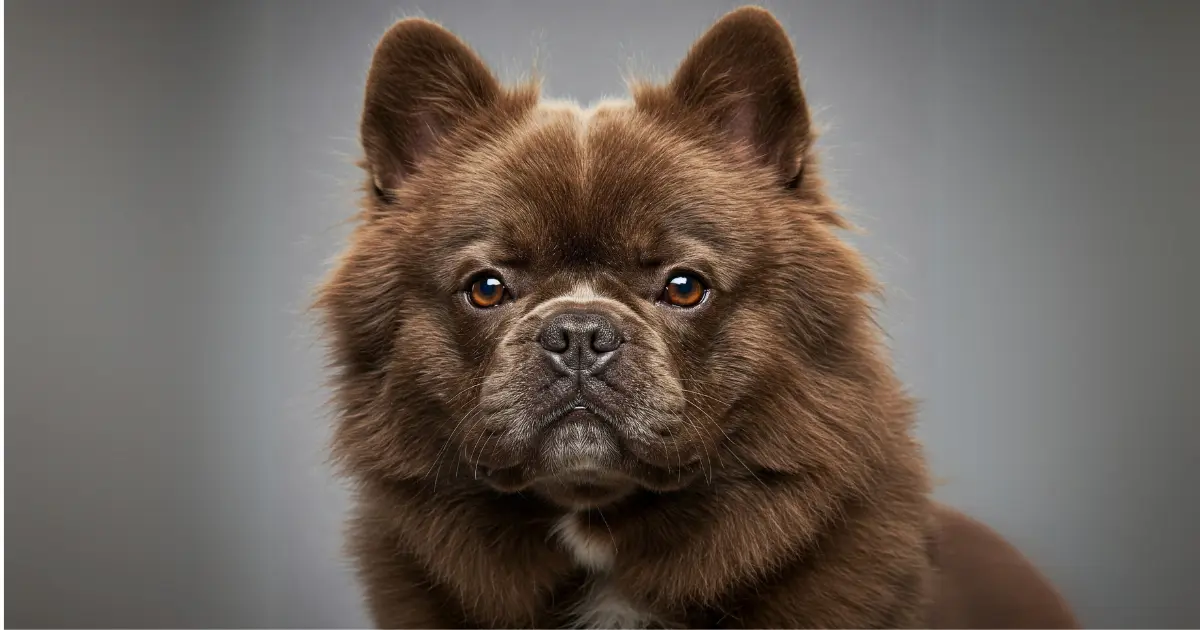
7. How Much Do Bear Coat French Bulldogs Cost?
They are more costly than regular French Bulldogs because they are rare.
- Price range: $5,000–$12,000+ depending on coat color and breeder.
- Some breeders may overcharge without health guarantees. Be careful before buying.
Other Terms:
- French Bulldog price guide
- Rare dog breeds cost
- How to buy a healthy puppy
8. Where Can You Get a Bear Coat French Bulldog?
If you want one, buy from a trusted breeder or consider adopting.
How to Pick a Good Breeder
- Choose breeders who test the parents for health problems.
- Ask for genetic tests to confirm the bear coat gene.
- Avoid breeders who only care about looks instead of health.
- A good breeder should provide vet records and a health guarantee.
Adoption & Rescue Options
Some rescue centers may have Bear Coat French Bulldogs available. Check:
- French Bulldog Rescue Network
- Local animal shelters
9. Pros & Cons of Owning a Bear Coat French Bulldog
| Pros | Cons |
|---|---|
| Rare and unique look | Needs frequent brushing |
| Friendly and loving | More expensive than regular Frenchies |
| Great indoor pet | Not accepted in dog shows |
| Moderate shedding | Can overheat easily |
Conclusion
The Bear-Coat French Bulldog is a rare and special type of Frenchie. Its soft fur and friendly personality make it a great choice for dog lovers.
However, they need proper grooming, responsible breeding, and reasonable care. If you want one, research breeders or consider adopting to ensure the dog is healthy and happy.
Would you like to have a Bear Coat French Bulldog? Let us know what you think!
Frequently Asked Questions
1. Do Bear Coat French Bulldogs shed a lot?
They shed moderately, so brushing helps reduce loose fur.
2. Do they need more grooming than regular French Bulldogs?
Yes, because of their longer fur, they need more brushing.
3. Are they good family dogs?
Yes, they are loving, social, and great with children.
4. Can they live in warm climates?
They don’t handle heat well. Keep them indoors with cooling options.

- Be Respectful
- Stay Relevant
- Stay Positive
- True Feedback
- Encourage Discussion
- Avoid Spamming
- No Fake News
- Don't Copy-Paste
- No Personal Attacks



- Be Respectful
- Stay Relevant
- Stay Positive
- True Feedback
- Encourage Discussion
- Avoid Spamming
- No Fake News
- Don't Copy-Paste
- No Personal Attacks


